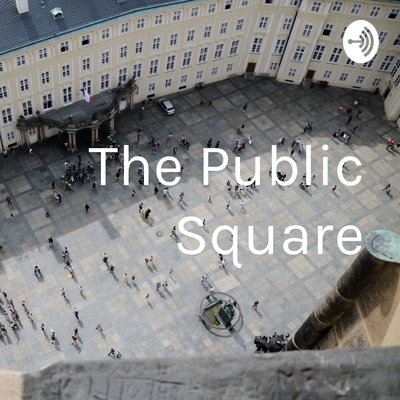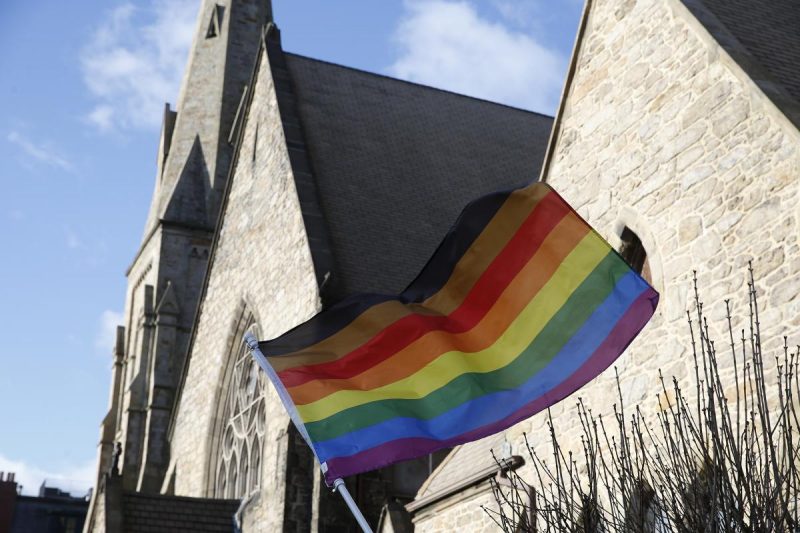By Kate Ritchey
As thousands of disgruntled conservatives race to the “free speech app”, Parler, citing issues with Facebook and Twitter’s “unfair censorship”, and Donald Trump fires more government officials who dare to disagree with him every day, one thing is clear: we are living in an era of echo chambers. The leader of our country has run his administration with the idea that disagreements and differences of opinion within the government can be solved with his famed sentiment, “you’re fired”. He allowed himself to be surrounded by only those who tell him what he wants to hear. This phenomenon has certainly contributed to his inability to accept the results of the election earlier this month, but it’s had much larger implications as well.

Donald Trump’s behavior is indicative of a larger cultural issue. We are seeing conservative folks flock to spaces such as Parler because pursuing echo chambers has become the norm. We unfollow and unfriend people who post political ideas we disagree with. We choose to get our news from certain outlets of our choice. Some of us have even minimized our social circle to only those who agree with us on political matters, which has become increasingly easy to do given the state of our lives in this pandemic. Many of us have so far removed ourselves from folks who disagree with us that we feel we cannot relate at all. Let me also be clear that I am not condemning nor judging this behavior, as I have certainly engaged in these things myself. Unfriending folks on Facebook as we approached this election was a necessary means to keep my sanity (sorry, grandma). It’s natural to want to surround yourself with folks who think like you. However, I’ve found myself reflecting on “the era of echo chambers” in a different light recently.
While not all of us students at Candler are planning to become ordained members of the church, most of us will be and already are regarded as some kind of religious leader in our communities. After taking a couple of religious education classes this semester, I’ve come to ponder what moral leadership might look like during the unprecedented times we all find ourselves in. As religious leaders, what is our responsibility to help combat the increasing divide and polarization in this country, and for some of us, in our churches? It’s my opinion that Donald Trump certainly does not embody moral leadership and that his maintenance of a governmental echo chamber is at the very least, morally questionable. What then, are the moral implications of creating echo chambers within our own church spaces?

It’s my opinion that no church setting or religious space can be completely and totally devoid of disagreements or differences of opinion. Right now, there are a very many things that folks in congregations and church staffs might disagree on. For example, ways in which to proceed with worship in the midst of this pandemic are highly contested. And again, although we may not all serve as traditional ordained pastors, many of us will serve in capacities and leadership roles that will require us to make decisions about how we handle differences of opinion and those who voice them. Can we apply the same methods many of have used to create echo chambers within our personal lives, or do we bare an obligation to make space for those who disagree with us on matters of politics or even theology? If we do indeed bare that obligation, how we do navigate the process of creating and allowing space for those who wish to voice difference of opinion, especially when those differences seem so severe?
Let me also make clear that when I reference “differences of opinion”, I do not mean opinions which are intrinsically harmful or invalidate someone’s humanity. It’s my belief that these kinds of “opinions” should not be tolerated within the spaces in which we serve. Rather, I posit the question that at what point do we become no better than those on the other side of the aisle that we condemn for fortifying their echo chambers? After all, as Bell Hooks states in his book, Teaching Critical Thinking: Practical Wisdom, it is diversity of thought which propels us beyond “one-dimensional” thinking and towards something much greater.[1] I’m aware that these are difficult and near impossible questions that I pose, but I wholeheartedly believe that part of the way forward and out of a deeply polarized society begins within our own communities. What lessons will our congregants and community members learn from us as leaders? My hope is that we as leaders will inspire unity, healing, respect, and open-mindedness. My confidence is in the fact that Christ compels us to do so.
[1] Hooks, Bell. 2010. Teaching Critical Thinking: Practical Wisdom. New York. 37.




1 Comment
Add Yours →Oh, gosh, I feel this so profoundly. During the Obama administration, talking heads on political news were fond of using the phrase, “epistemic closure,” which I thought was also helpful. (See, for example, this article from the New York Times.) The idea is that I can only think those thoughts which make sense within my worldview. Within increasing polarization, the range of possible thoughts gets narrower. Whatever it outside the realm of “thinkability” becomes a null curriculum, to use Elliott Eisner’s term.